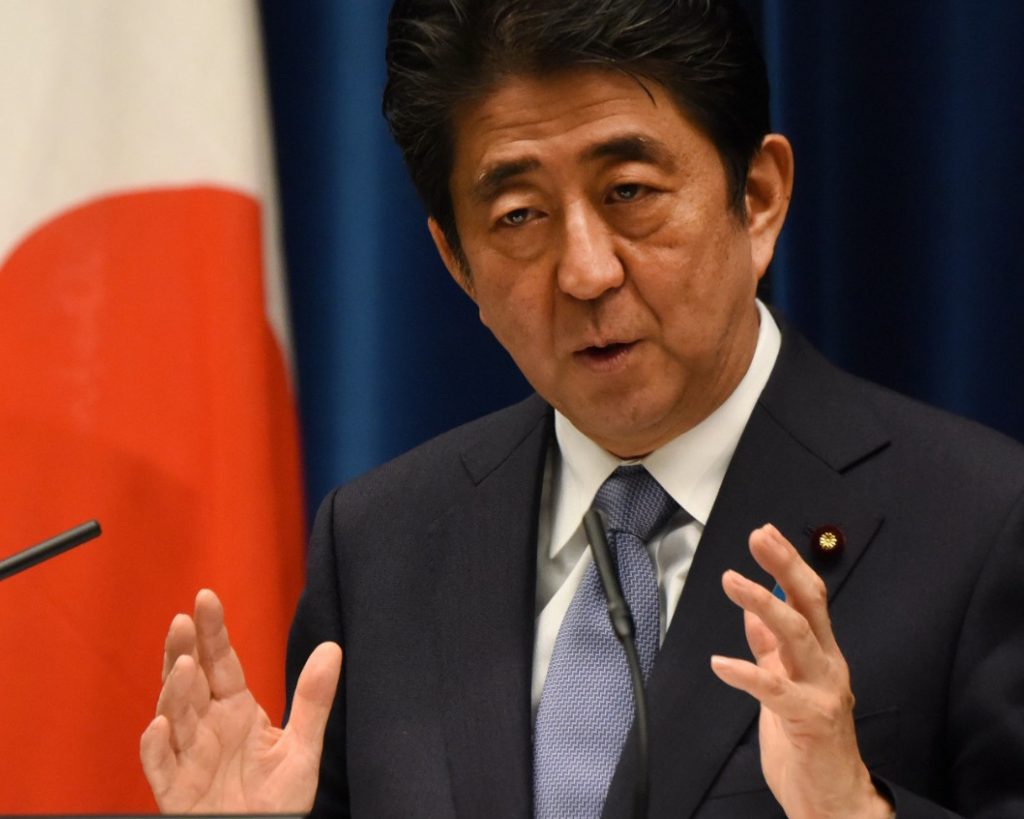Shinzo Abe, the prime minister of Japan, crushed his opposition parties in a forced snap election on October 22. This result indicates that he has a strong chance to be reelected as the leader of the Liberal Democratic Party (LDP), the party currently in power. The election was not supposed to occur until about a year later, but Abe’s somewhat risky tactic of forcing it ahead worked in his favor.
“I was previously not really interested in Japanese politics, but this election definitely taught me a lot about it,” said Leonard Lee (10), MUN club member. “First of all, it’s very interesting that his victory in the snap election sets him on the road for becoming Japan’s longest serving Prime Minister.”
Abe himself as a politician has not been popular among the Japanese citizens, as earlier in this year he was accused of government favoritism regarding people he had personal connections with. His policies also do not align with the citizens’ preferences. According to a poll by the Asahi Shimbun newspaper, 40 percent of the participants responded that they disagree with Abe’s strong opposition against North Korea and his advocacy for a legitimate military force. Regarding nuclear weapon strategy, Abe wants to keep nuclear power, but 55 percent of the respondents said no. However, analysts say that even though he is unpopular, the lack of candidate choices and the relatively stable status quo of the nation that makes Abe’s particular stances not very problematic as of now are inevitably allowing him to say in power.
“I think it’s important to note that the results don’t really match the popular opinion, which is obviously not optimal,” said Jeffrey Heo (12), MUN member. “I think previous elections in the US and Korea were also cases where the public did not really support one major candidate but always chose the one that was ‘at least better than the other.’ It’s almost frustrating to see such cases happen in several countries multiple times.”
If elected for a third term, Abe will likely continue his support for revision of the Japanese constitution, especially regarding its pacifist attitude after the Second World War. As the issue of military defense is timely along with increased tensions between North Korea and the United States, Abe will strongly advocate for a bona fide military force. As he would continue to hold strong ties with Trump and likely contribute to increased aggression, Korea will potentially be affected pertaining to its issue with North Korea, even though the extent of actual effects on Koreans is questionable.
“I think Abe represents certain different constituencies,” said Michael Silber, AP World History teacher.“He represents the business community, conservative forces of Japan, and also, even though it’s a minority, the highly nationalistic anti-North Korea and anti-Chinese group that still has some influence over Abe’s party. I think his tough talk on North Korea and his revision of the Japanese constitution so that it’s no longer pacifist is to satisfy that nationalistic group in Japan. I think his tactics will more likely add to tensions, not only between Japan and North Korea, but also among Japan, US, and South Korea.”

